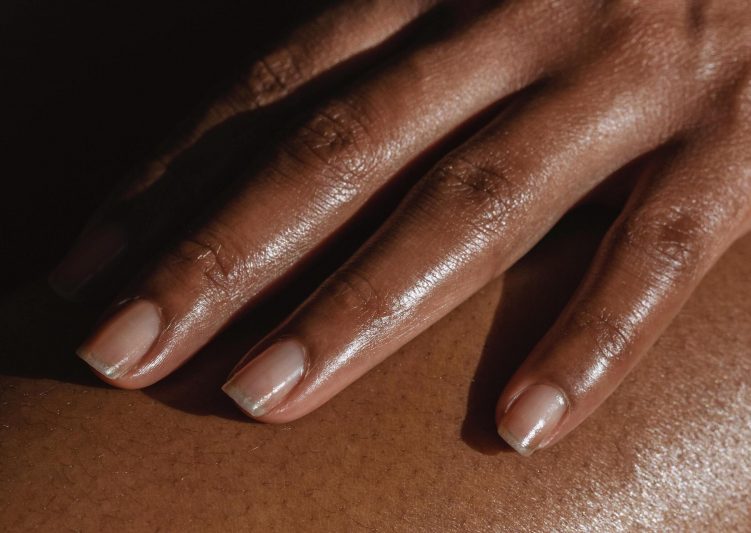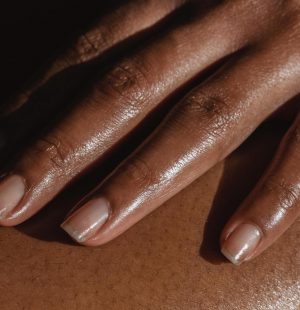5 Reasons Why Virginity Is a Construct

There’s a lot of pressure around the word virginity. Each generation has a different outlook on the term – for Gen Y and Gen Z, being a ‘virgin’ is still considered a negative label. The pressure to ‘lose your V plates’ is something we care a lot about.
There’s a lot of pressure around the word virginity. Each generation has a different outlook on the term – for Gen Y and Gen Z, being a ‘virgin’ is still considered a negative label. The pressure to ‘lose your V plates’ is something we care a lot about. Fortunately – after what feels like 100 years of hiding and dreading the title – perceptions around virginity are beginning to change. We are finally able to release the societal burden and accept people’s individual choices.
Today, we are more defined by our own states of mind rather than society’s sexual constructs that often emphasise age, sexuality and gender pressures. It is more about putting personal pleasure at the forefront – not just ticking the deed off the list! What a time to be able to ask for what you want and work towards getting it with someone. Moving forward, this is the energy with which we want to surround ourselves and our sexuality! So on that note, lets debunk some of the biggest first time, cherry poppin’ myths with a quickfire TRUE OR FALSE.
1. An intact hymen makes a person a virgin. False! Firstly—not every female is born with a hymen; this is completely healthy and normal in some women. Tampons and fingers can easily pass through the vagina without disrupting the hymen. The myth around breaking the hymen during penetrative sex is entirely false; the hymen doesn’t ever break. It simply stretches.
2. The term ‘virginity’ is not a medical term. True! You cannot medically test someone to learn if they have lost their virginity. This would be a violation of human rights, according to the World Health Organisation, but it’s unfortunately a practice that still exists in many parts of the world where women and girls are especially oppressed. It’s simply not possible to tell by looking at the vagina whether a person has had sex. Hymens look different on everyone; some are perforated and some can’t be seen to the naked eye. Basically, there isn’t a medical way to action a virginity test. According to the American College of Obstetricians, no such method has ever existed.
3. You lose your virginity when you have penetrative, vaginal sex with a penis. This is false. The word virginity is heteronormative because the only legitimised form of sex in our society is vaginal. Therefore, the concept of virginity delegitimises the LGBTQIA community by failing to acknowledge gay sex. We have come along way when it comes to the perspective of virginity, but it’s clear we still have a way to go when it comes to destigmatising homosexuality.
4. I shouldn’t use sex toys before I have sex? FALSE. As stated earlier, tampons and fingers can easily be used without disrupting the hymen, as can sex toys. Some of the best toys for women are designed for external use (for example, clitoris stimulators) – these are not inserted into the vagina at all. So, do some research, get some lubricant and your new favourite toy, and enjoy exploring yourself! Knowing what you like before involving a partner can make the experience even more pleasurable.
5. The concept of virginity perpetuates a cycle of shame. This is true. To some people, women who keep their virginity are sacred and ‘pure’. The reason women wear white dresses on their wedding day is to indicate they’re ‘innocent’ and ‘pure’ for their husband. In modern times, this isn’t always the case as many women aren’t virgins on their wedding days, or they exercise their free choice in not observing tradition. As for men, the concept of purity does not exist. Historically, men have been (and still are) applauded for getting their pleasure. This is another factor, in a list of endless cultural factors, that perpetuates the orgasm gap and the associated cycle of shame. But it all seems to stem from our cultural denial of female pleasure – something that women are now beginning to take charge of once and for all.
The sooner we acknowledge societal harm caused by the virginity contruct, the sooner we can create a world with sexual equality for everyone. Wouldn’t that be a future worth seeing!








